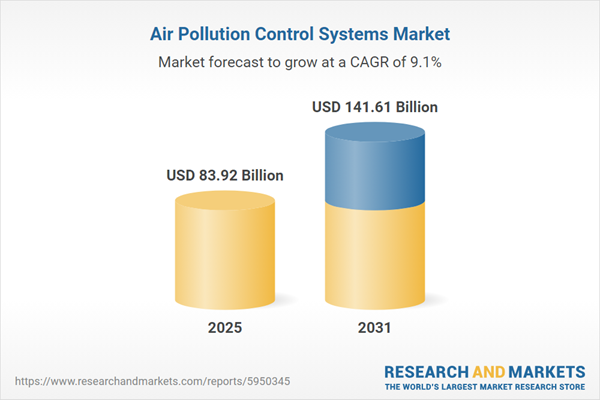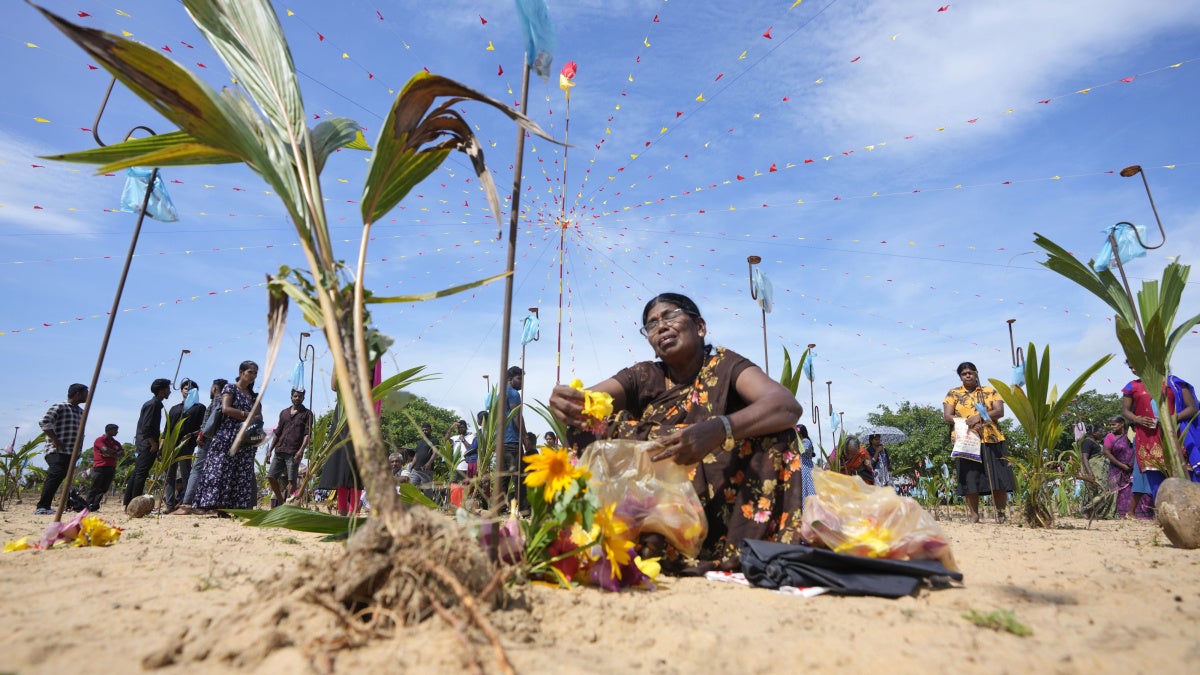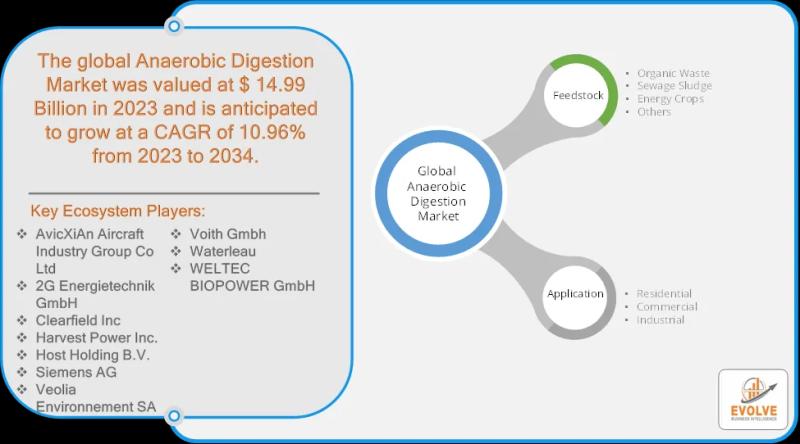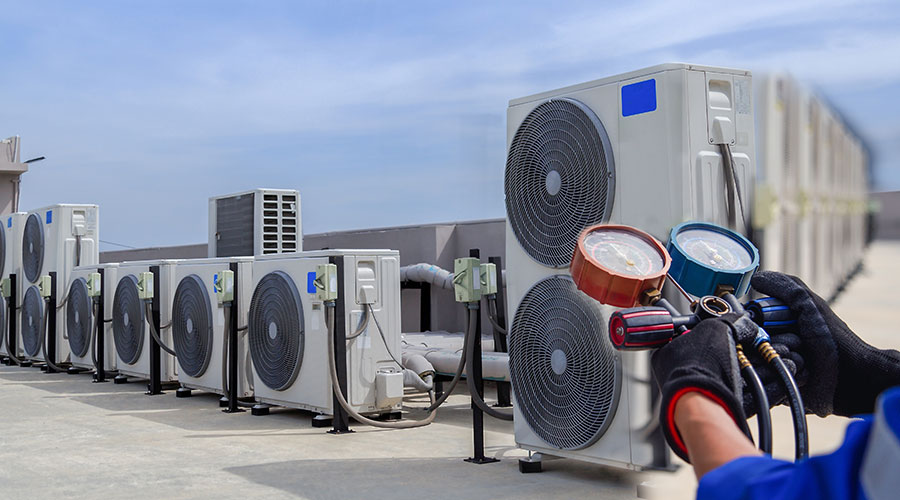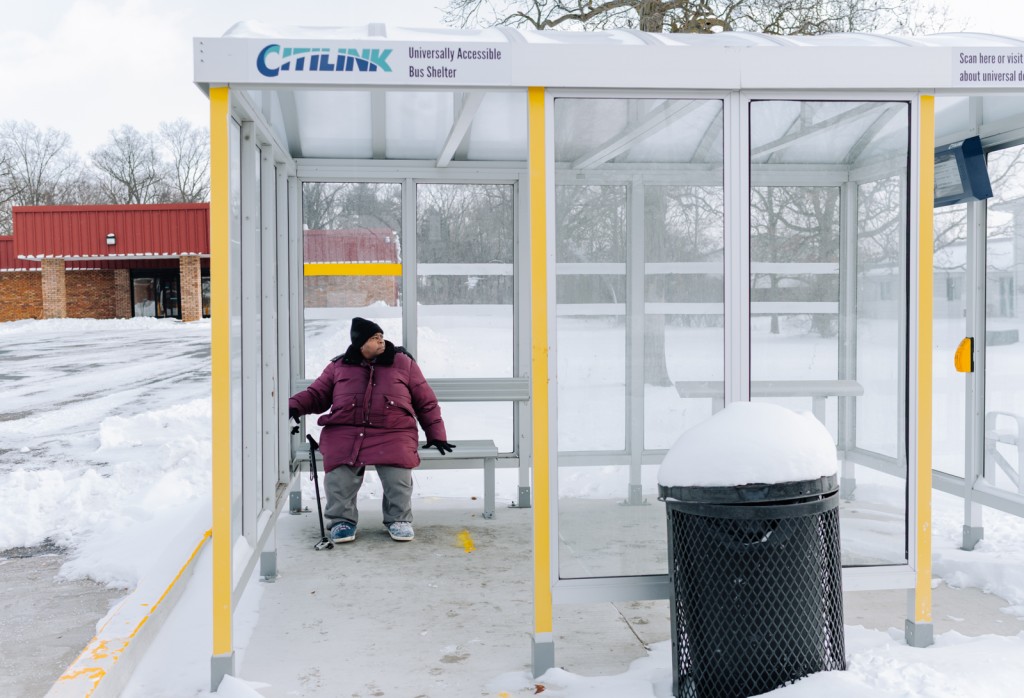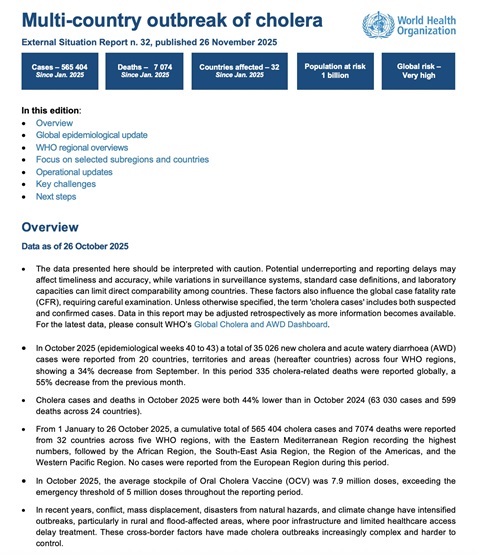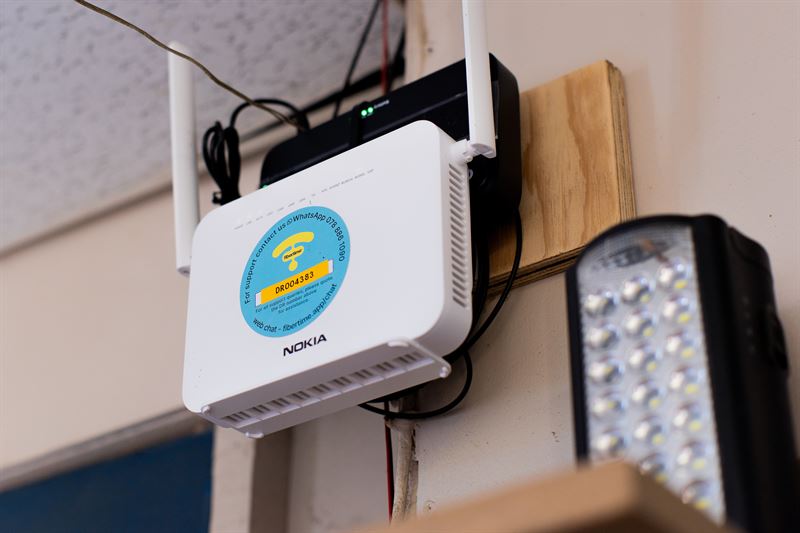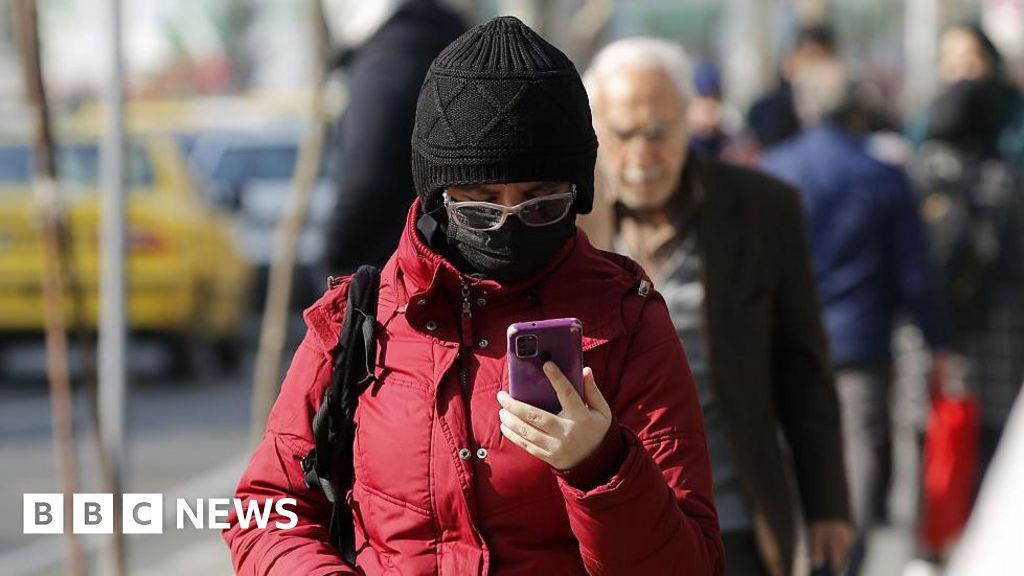Pride Center partners with domestic violence group to keep support hotline running – VTDigger

Report on Service Disruption at Pride Center of Vermont and Alignment with Sustainable Development Goals
Executive Summary
- The Pride Center of Vermont, a non-profit organization established in 1999, has announced a temporary suspension of services due to a significant funding shortfall of approximately $350,000.
- This pause directly impacts the provision of essential services to the LGBTQ+ community, creating a critical gap in support systems that align with several Sustainable Development Goals (SDGs).
- In an immediate response to mitigate the impact, the Center has formed a strategic partnership with Steps to End Domestic Violence to ensure the continuity of its SafeSpace support hotline.
- This situation underscores the financial vulnerability of civil society organizations crucial for achieving the 2030 Agenda for Sustainable Development.
Impact on SDG 3 (Good Health and Well-being) and SDG 5 (Gender Equality)
The suspension of services poses a direct challenge to the advancement of health, well-being, and equality for a vulnerable population.
- SDG 3: Good Health and Well-being: The Pride Center’s SafeSpace Anti-Violence Program provides a confidential hotline and chat service, offering critical mental health and crisis support to LGBTQ+ individuals who have experienced violence, abuse, bias, and discrimination. The service interruption threatens access to these essential health resources.
- SDG 5: Gender Equality: The Center’s work is fundamental to achieving gender equality by supporting individuals facing discrimination based on sexual orientation and gender identity. The SafeSpace program specifically addresses the goal of eliminating all forms of violence against vulnerable populations.
Addressing SDG 10 (Reduced Inequalities) through Institutional Support
The Pride Center of Vermont is a key institution working to reduce inequalities within the state. Its closure represents a setback for social inclusion and empowerment.
- The Center’s core mission is to promote the social inclusion of LGBTQ+ Vermonters, directly aligning with SDG Target 10.2.
- The funding crisis highlights the systemic challenges that can impede progress on reducing inequalities, leaving marginalized communities without dedicated support structures.
- The board has directed clients to alternative partner organizations, acknowledging the need for a network of support to uphold the principles of inclusion.
The Role of SDG 17 (Partnerships for the Goals) in Crisis Mitigation
The collaboration between the Pride Center and Steps to End Domestic Violence exemplifies the importance of partnerships in achieving sustainable development outcomes, particularly during institutional crises.
- Partnership Formation: Upon learning of the closure, Steps to End Domestic Violence, a member of the Vermont Network coalition, initiated a partnership to maintain support services.
- Service Continuity: The Pride Center’s SafeSpace hotline (802-863-0003) now redirects to the Steps to End Domestic Violence 24/7 hotline (802-658-1996), ensuring uninterrupted, confidential support.
- Strengthening Networks: This collaboration demonstrates an effective civil society partnership (SDG Target 17.17) that leverages existing infrastructure to maintain a critical safety net for the community.
Challenges to SDG 16 (Peace, Justice and Strong Institutions)
The financial instability of the Pride Center highlights the fragility of institutions that provide access to justice and support for victims of violence.
- Institutional Vulnerability: The need to raise $350,000 to restore operations demonstrates the financial precarity faced by essential community organizations.
- Strengthening Governance: The board has stated its intention to relaunch the Center with “stronger accountability, governance and sustainability,” acknowledging the need to build a more resilient institution in line with SDG 16.
- Access to Justice: The Center’s programs provide a crucial pathway to support and justice for victims of hate and discrimination. Its absence weakens this pathway for the LGBTQ+ community.
Analysis of Sustainable Development Goals in the Article
1. Which SDGs are addressed or connected to the issues highlighted in the article?
-
SDG 3: Good Health and Well-being
- The article discusses support hotlines for individuals experiencing violence, abuse, and discrimination. These services are crucial for mental health and well-being, directly aligning with the goal of ensuring healthy lives and promoting well-being for all. The mention of partner organizations providing mental health and substance use support further strengthens this connection.
-
SDG 5: Gender Equality
- The article focuses on services for victims of domestic violence and support for the LGBTQ+ community, who often face gender-based violence and discrimination. The SafeSpace Anti-Violence Program specifically addresses violence, abuse, bias, and hate, which are critical issues in achieving gender equality and empowering all individuals, regardless of gender identity or sexual orientation.
-
SDG 10: Reduced Inequalities
- The core subject is the Pride Center of Vermont, an organization dedicated to supporting the LGBTQ+ community, a group that historically faces significant inequality and discrimination. The closure of the center highlights a gap in services that protect and empower this marginalized group, making SDG 10 highly relevant. The article’s focus is on ensuring support and safety for a community vulnerable to discrimination.
-
SDG 16: Peace, Justice and Strong Institutions
- The article addresses the need to combat violence, abuse, and hate crimes through support services like the SafeSpace and StepsVT hotlines. These programs represent institutional mechanisms aimed at protecting vulnerable populations and providing access to justice and support, which is a key aspect of building peaceful, just, and inclusive societies. The work of these non-profits contributes to creating stronger, more responsive institutions.
-
SDG 17: Partnerships for the Goals
- A central theme of the article is the collaboration between the Pride Center of Vermont and Steps to End Domestic Violence. This partnership ensures the continuity of a vital support hotline, demonstrating how civil society organizations can work together to achieve common goals. This is a direct example of the multi-stakeholder partnerships that SDG 17 aims to foster.
2. What specific targets under those SDGs can be identified based on the article’s content?
-
Under SDG 3: Good Health and Well-being
- Target 3.4: “By 2030, reduce by one third premature mortality from non-communicable diseases through prevention and treatment and promote mental health and well-being.” The support hotlines provide a critical service for mental health and well-being for individuals experiencing the trauma of violence, abuse, and discrimination.
-
Under SDG 5: Gender Equality
- Target 5.2: “Eliminate all forms of violence against all women and girls in the public and private spheres, including trafficking and sexual and other types of exploitation.” The work of Steps to End Domestic Violence and the SafeSpace Anti-Violence Program directly addresses this target by providing support to victims of domestic and gender-based violence, including LGBTQ+ individuals.
-
Under SDG 10: Reduced Inequalities
- Target 10.2: “By 2030, empower and promote the social, economic and political inclusion of all, irrespective of age, sex, disability, race, ethnicity, origin, religion or economic or other status.” The Pride Center’s mission is to support and empower the LGBTQ+ community, directly contributing to their social inclusion and well-being. The hotline ensures that this support continues, even during a pause in other services.
-
Under SDG 16: Peace, Justice and Strong Institutions
- Target 16.1: “Significantly reduce all forms of violence and related death rates everywhere.” The hotlines are a direct response to violence, offering a pathway to resources and safety for victims. The SafeSpace program is explicitly an “Anti-Violence Program” for LGBTQ+ Vermonters who have experienced violence, abuse, bias, and hate.
-
Under SDG 17: Partnerships for the Goals
- Target 17.17: “Encourage and promote effective public, public-private and civil society partnerships, building on the experience and resourcing strategies of partnerships.” The collaboration between the Pride Center and Steps to End Domestic Violence to keep the support line active is a clear example of a civil society partnership aimed at achieving a shared objective.
3. Are there any indicators mentioned or implied in the article that can be used to measure progress towards the identified targets?
-
Number of calls received by support hotlines
- The article states that the StepsVT hotline “received about 2,800 calls or about 54 calls each week” last year. This is a direct quantitative indicator that measures the demand for and provision of services for victims of violence, which is relevant for measuring progress towards Targets 5.2 and 16.1.
-
Availability of support services
- The partnership that makes the hotline available 24/7 is a qualitative indicator of the accessibility and responsiveness of support systems for vulnerable populations. The existence of confidential phone lines, online chats, and Spanish language support (WhatsApp) are further indicators of inclusive service provision, relevant to Targets 3.4, 10.2, and 16.1.
-
Financial resources for civil society organizations
- The article mentions the Pride Center needs to raise “$350,000 needed to restore operations.” This figure serves as an indicator of the financial resources required to sustain institutions that support marginalized communities and work towards the SDGs. It highlights the financial vulnerability of such organizations, which is a key consideration for Target 17.17.
4. SDGs, Targets, and Indicators Summary
| SDGs | Targets | Indicators |
|---|---|---|
| SDG 3: Good Health and Well-being | Target 3.4: Promote mental health and well-being. | Availability of confidential support hotlines and referral to mental health services (e.g., Pathways Mental Health Urgent Care). |
| SDG 5: Gender Equality | Target 5.2: Eliminate all forms of violence against all women and girls. | Operation of the SafeSpace Anti-Violence Program and the Steps to End Domestic Violence hotline. |
| SDG 10: Reduced Inequalities | Target 10.2: Empower and promote the social inclusion of all. | Existence of dedicated services for the LGBTQ+ community through the Pride Center and its SafeSpace program. |
| SDG 16: Peace, Justice and Strong Institutions | Target 16.1: Significantly reduce all forms of violence. | The number of calls to the StepsVT hotline (2,800 calls last year), indicating the scale of services provided to victims of violence. |
| SDG 17: Partnerships for the Goals | Target 17.17: Encourage and promote effective civil society partnerships. | The formal partnership between the Pride Center of Vermont and Steps to End Domestic Violence to ensure continuous hotline operation. The funding gap of $350,000 indicates the resource needs for such partnerships. |
Source: vtdigger.org
What is Your Reaction?
 Like
0
Like
0
 Dislike
0
Dislike
0
 Love
0
Love
0
 Funny
0
Funny
0
 Angry
0
Angry
0
 Sad
0
Sad
0
 Wow
0
Wow
0













